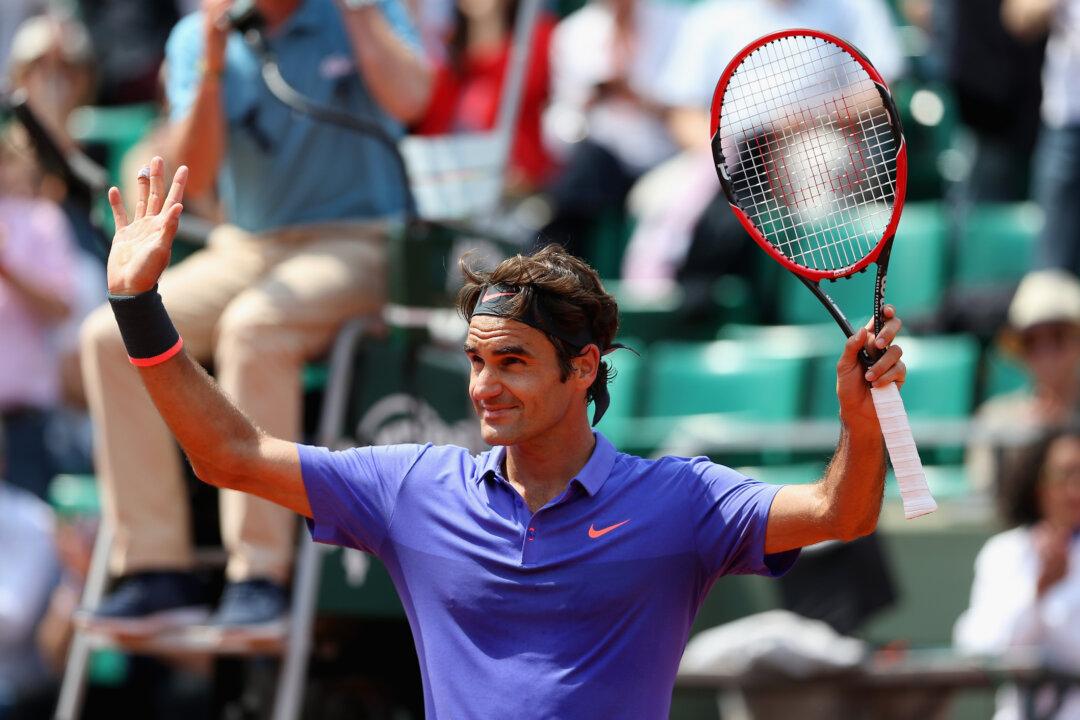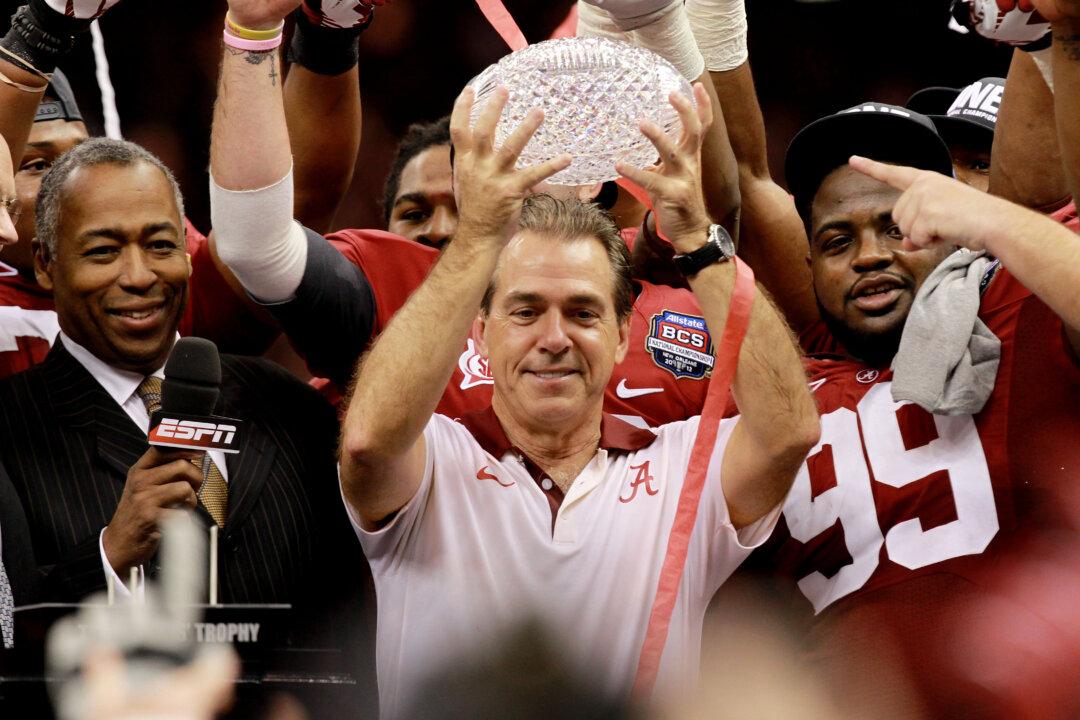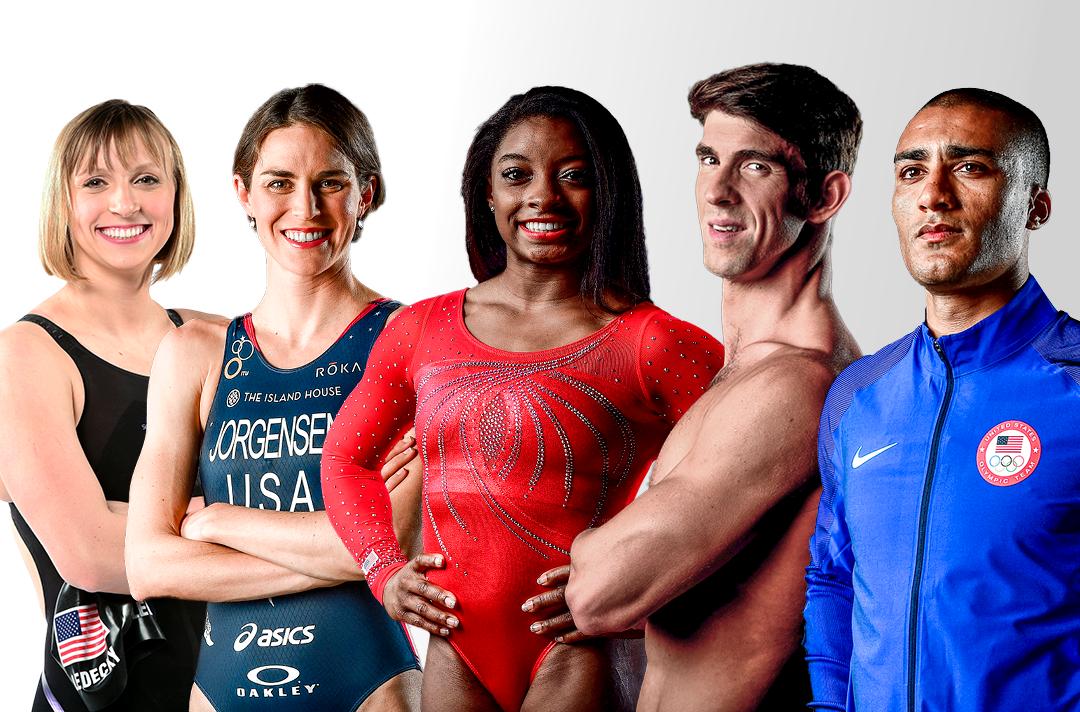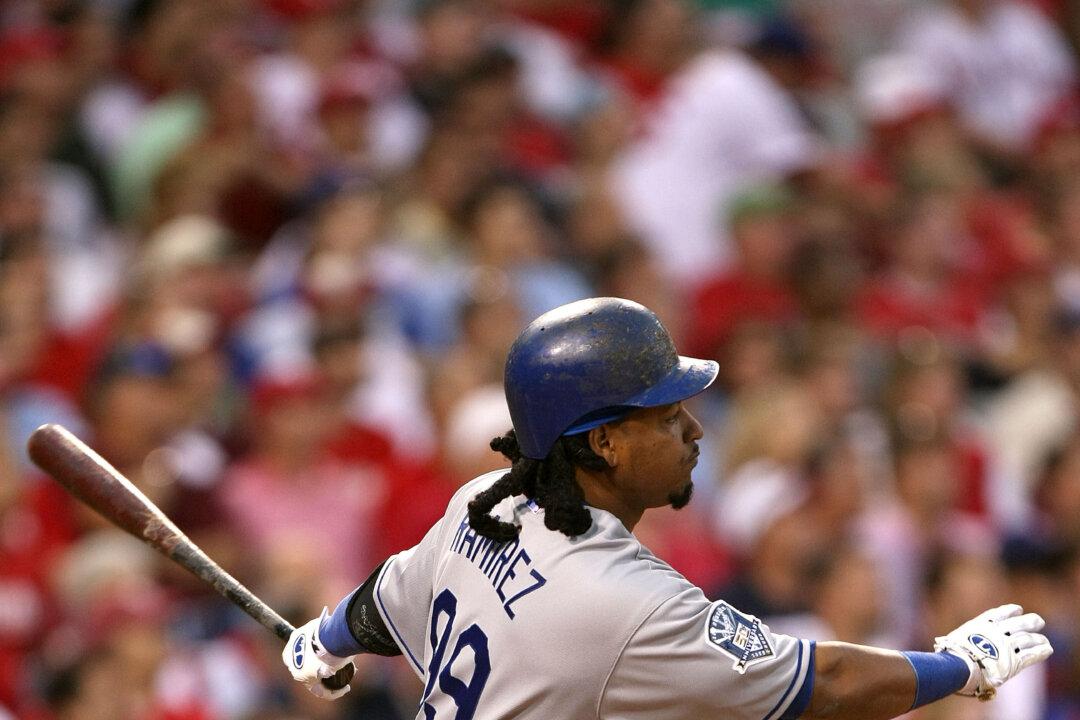It’s been nearly three years since Roger Federer won his record-extending 17th major.
It was July 2012 and the “Swiss Maestro” had just dispatched hometown favorite Andy Murray at Wimbledon’s historic Centre Court in four sets—a fitting setting for what could have been (and still could be) the final Grand Slam triumph of the game’s most decorated, successful, and popular players ever.
But apparently, he’s not done yet.
At the time of the Wimbledon triumph (his seventh), Federer was a month away from turning 31 while his contemporaries—Murray, Rafael Nadal, and Novak Djokovic—were still in their mid-20’s and had essentially knocked him off his perch as the game’s most dangerous player.





